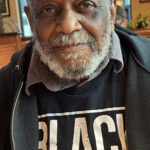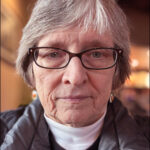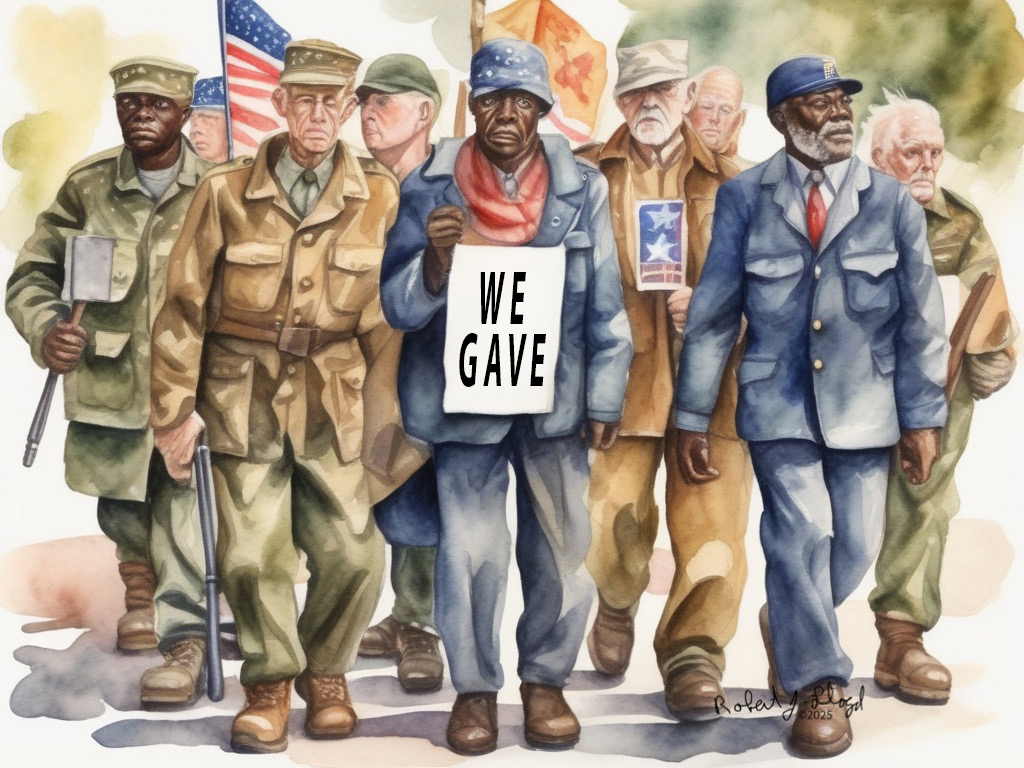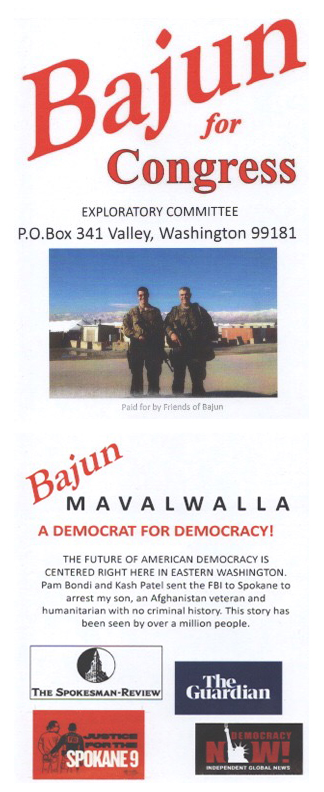We received this response to a recent post Which Side Are You On?
In the wake of a Black Corrections Officer being abducted out of his car by seven ICE agents in Portland, Maine on Saturday, January 24, 2026, I have something to share with white people of good intention.
Dear White People,
Here are some considerations I think you may find valuable:
1. Don’t wallow in your sense of helplessness. Do not decide there is nothing you can do. Coming to that conclusion is you giving yourself permission to do nothing, not even look for what you can do, when realistically, you’re more likely to have a range of options and the challenge will be how to optimize your time and effort. Until you find the “best” answer to that question, do something. Do not do nothing.
2. Recognize that your protests are important. Your efforts to resist and record are valuable. Things would be so much worse than they are now if you weren’t engaged in these actions.
3. That said, there’s still more to do.
4. In the face of white craziness, it is more important than ever that you examine your own systemic white skin privilege, so that you don’t inadvertently support those who hate you.
5. Yes, Black and Brown People need to be involved. Our assignments are different.
6. Recognize that Black and Brown People have been in this struggle for generations, while the majority of white people have sat back in their systemic white skin privileges and/or indulged their white fragility.
7. Consider that Systemic Whiteness messages that Black and Brown People only exist for a White agenda. White people may argue with each other about which white agenda, but there is tacit agreement on our worth being based on your agenda.
8. Consider that our mutual White opposition wants Black and Brown People to get angry, stupid, and violent. They are hoping to provoke us into coming onto the front lines. This is part of their white agenda. It shouldn’t be part of yours.
9. Recognize that when you stop telling each other (and Black and Brown People) what we “should be doing” (in your opinion), you become part of the solution.
10. Recognize that there is not enough of my Black self to plug in everywhere that I can be useful.
11. Remember that listening to understand is a good thing. *
12. It’s really okay if you are motivated by self-interest. Caring about me actually promotes and protects your prosperity and security. We are living in a Pastor Martin Niemoller moment in history.
Sincerely Denise K. Tuggle
PS: As I write this, there has been no further news on the unnamed Black Corrections Officer. He has been disappeared. Imo, this is reminiscent of Nazi Germany, the Russian Pogroms, historic US slave patrols, and secret police in various countries.
*especially to Black Women, cause we been trying to keep you out of this mess for years, you damn fools! And yes, it gets tiresome.
See THE 14 PRINCIPLES at
https://4comculture.com/archives/14346
Like this:
Like Loading...








